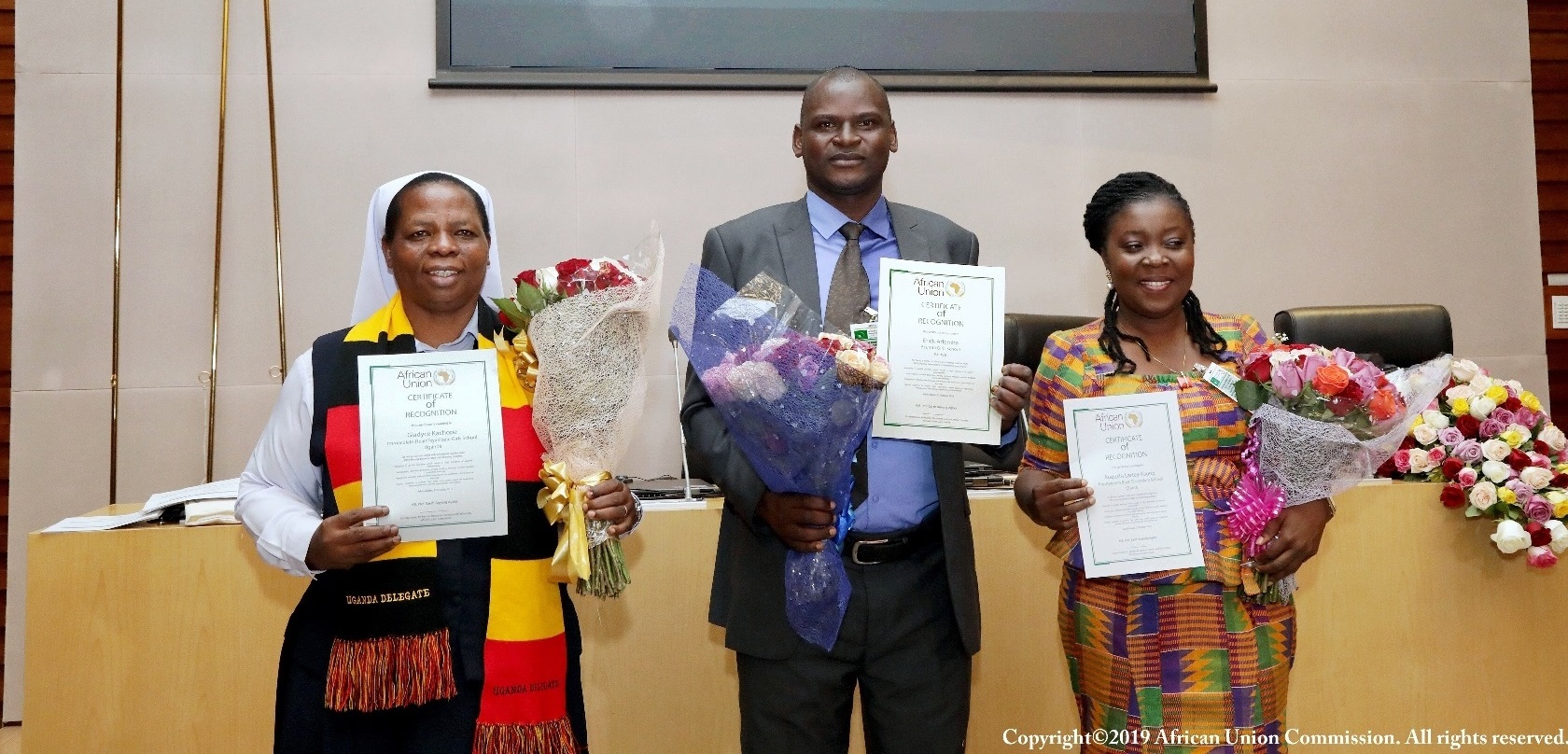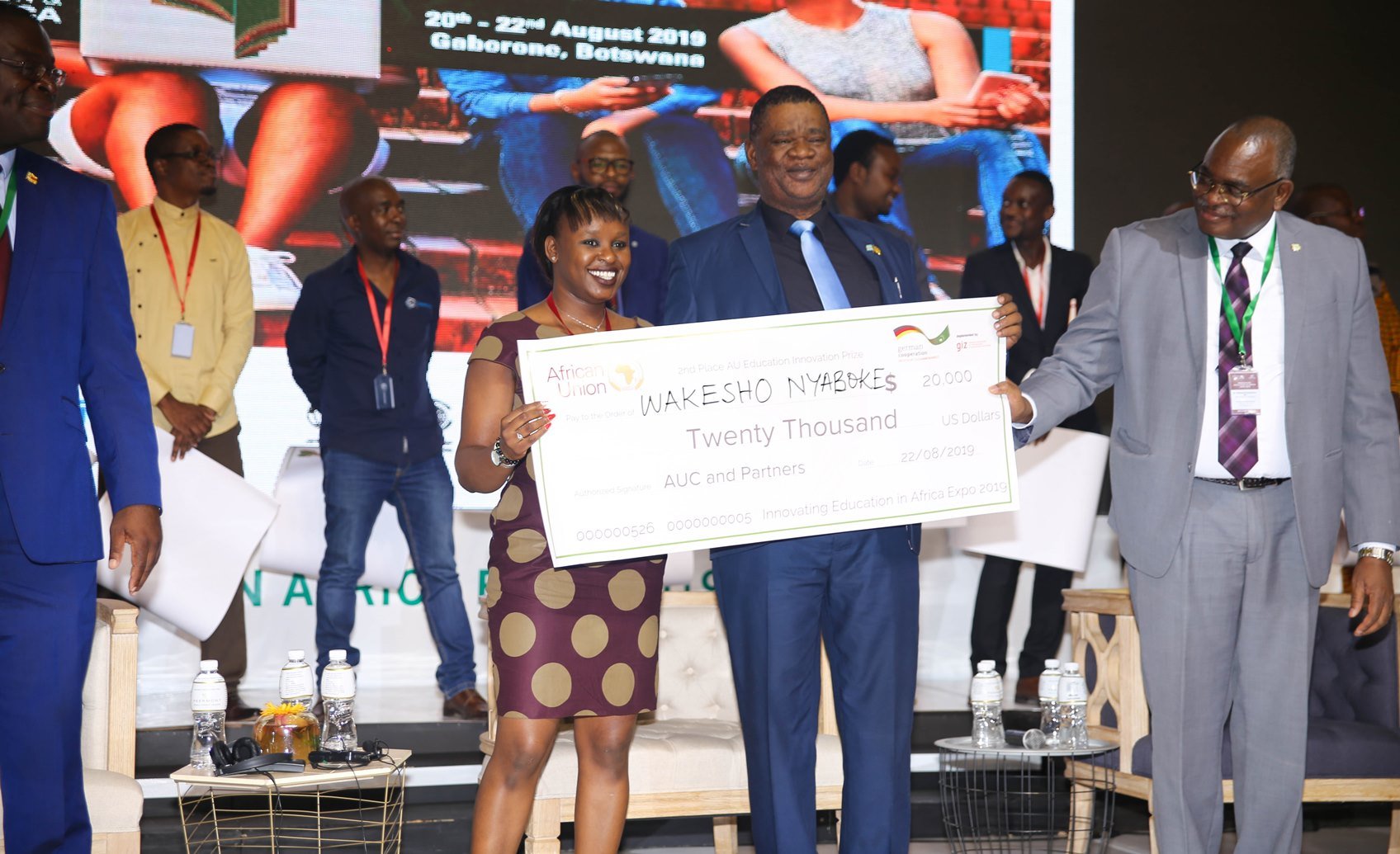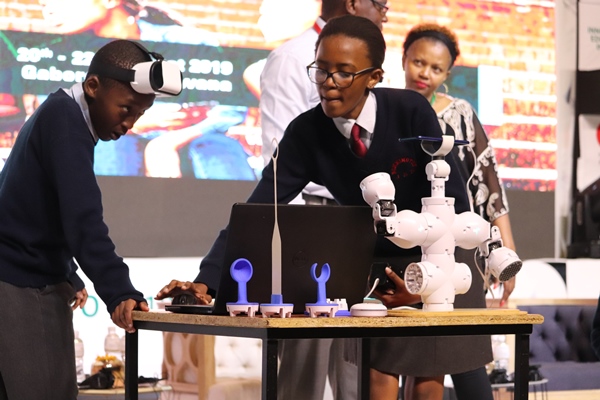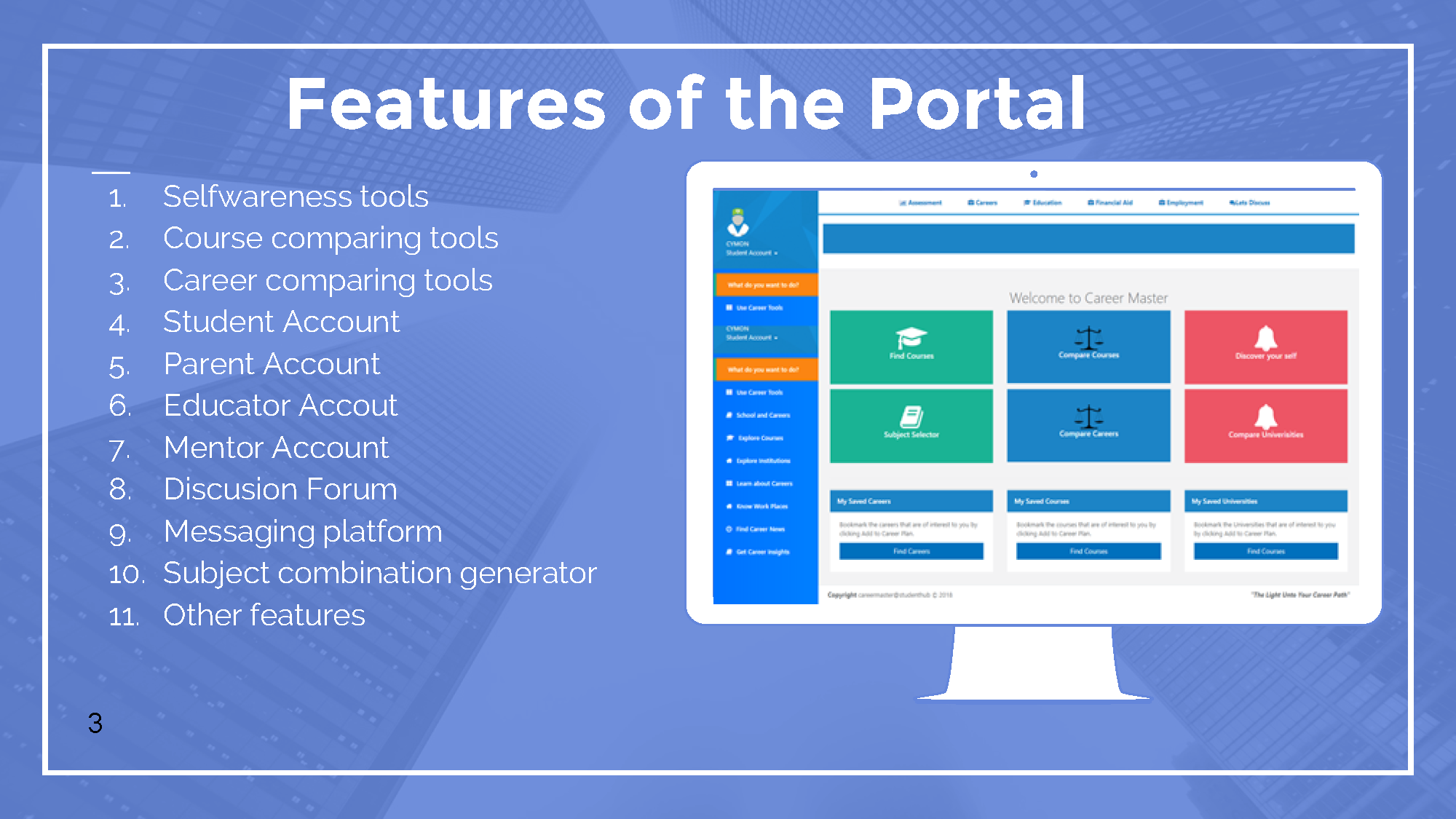
Title of Innovation: Careers Master
Year of implementation: 2017
Implemented by: The Student Hub Limited
Country/Countries where the Innovation is being implemented: Uganda
Problem being solved
Our innovation is solving the problem of poor career guidance in schools largely attributed to the lack of up to date and relevant career information and labor market information to use to guide and prepare students to embark on fulfilling career paths. This leads to poor decision making among students and ultimately leads to unemployment and underemployment as students choose paths whose skills are not needed in the market place
Description of innovation
Our solution is implemented through a mobile app and web app at https://careersmaster.ug where a student creates an account and embarks on a journey of self discovery through online personal assessments on student interests, personality and abilities there by connecting the student to a myriad of career paths that match their results
Our solution is designed to be a trusted companion of the student along their academic journey as it connects what they learn in class to a myriad of career paths to enable them value where they are as they visualize were they are going as well as empowering the student with tools that allow them to set goals and journal as they move on their academic journey
Through the web and mobile application parents, mentors and teachers are connected to assist the students in making very informed career decisions at every step of the way. With parents understanding what career paths are of interest to their students.
Teachers on our platform get to understand what career paths are of interest to students hence plan better career guidance fairs as well as empowers teachers with information to connect what they teach to career fields.
Mentors on our platform share career experiences with students as well as keep students a braced with trends in the work place plus answering students related career questions
Outcomes and Impact
Our solution culminates into a life long learning platform that will walk with the student from primary school through secondary into adulthood with information relevant at every level
Our solution individualizes career guidance for students as it is tailor made to cater for individual student's interest and abilities
Our solution gives policy makers a sneak peak into the future landscape of a country's work force giving key statistics on dashboard showing career interests of students and their education requirements
Our solution bridges the huge gap between school and the work place through Mentor-ship from a school's alumni
Potential to be scaled and replicated
Our solution can be replicated in other countries in Africa as many countries and grappling with the fact that they need to prepare students in their right chosen fields to enhance the current labor force. So with customizing the content according a specific country, our application can scale across Africa
It is sustained in the following ways
- Access on a subscription basis for users who want access to this vital information.
- Advertisement from institutions of higher learning
- Monetized API to have access to the rich data and statistics on careers master
- 10% commission on every student we enroll in partners Institutions
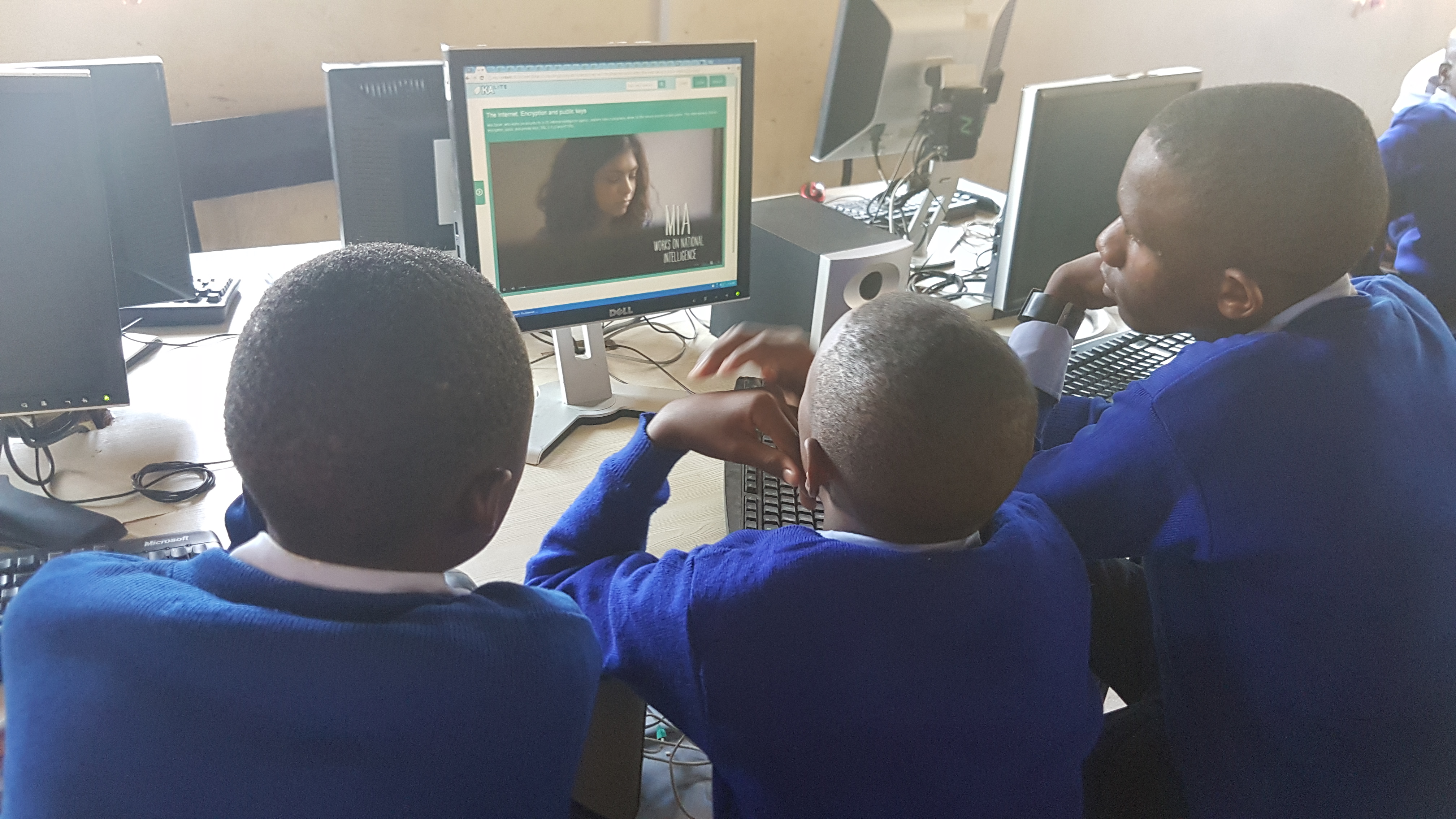
Title of Innovation: Remote Areas and Community Hotspot for Education and Learning
Year of implementation: 2015
Implemented by: World Possible
Country/Countries where the Innovation is being implemented: Burundi, Ethiopia, Ghana, Kenya, Malawi, South Africa, Tanzania, Uganda, Zambia
Problem being solved
More than 52% of the population is offline(not accessing internet). For this reason, world possible innovate offline digital library for schools and community in order to bridge the gap of accessing best educational materials and knowledge between the online population and offline population.
Description of innovation
Our offline digital library is also called RACHEL(Remote Areas and Community Hotspot for Education and Learning).
RACHEL is a server that is small in size (10cm by 10cm by 2cm)and weigh with less than one kilogram of weight.
RACHEL connects to other smart devices such as phone, tablets, computers, laptop, through wired or wireless(Wi-Fi). Our learning resources are stored in the Rachel internal hard disk drive of 500GB -1TB storage capacity. This means that this offline digital library can store thousands of learning videos, millions of articles and documents and webpages.
Outcomes and Impact
Our innovation improves learning and teaching in schools as students can easily access learning information and teachers can simplify their work by facilitating learning rather than be the only source of information
Our innovation gives life to dusty, unused computer laboratory by turning them into active and life long sustainable lab.
Potential to be scaled and replicated
Innovation is upscaled by looking for funds to supply in many more schools. We also sell the device to schools and Learning community. One device is at $600 per unit.
We can also replicate by getting partners in local community who can research and prepare local contents that will make the digital library customised.
We sustain the innovation by selling the server and train teacher for small fees. We also do hardware maintanance. We also place volunteers to get volunteering experience in community that we install Rachel.
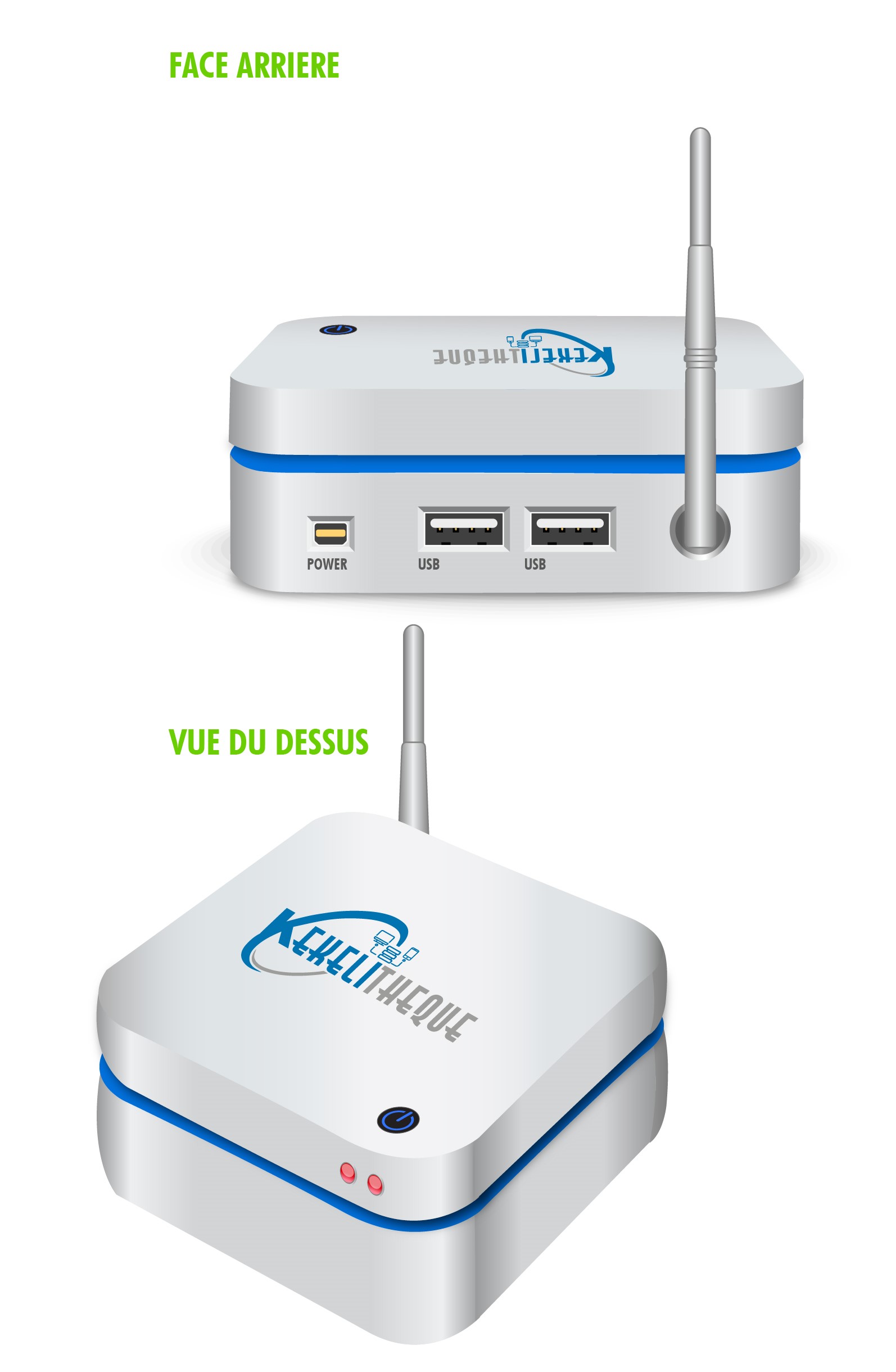
Title of Innovation: KEKELITHEQUE
Year of implementation: 2017
Implemented by: KEKELI LAB
Country/Countries where the Innovation is being implemented: Togo
Problem being solved
KEKELI LAB is an association working to integrate information and communications technologies into education. Togo's education system faces enormous challenges, including: (1) the availability of quality educational resources and infrastructure, (2) the lack of Internet connection in some schools, particularly in rural areas, (3) training (4) the availability of appropriate technologies. To meet this challenge, we created KEKELITHEQUE, a virtual library that allows students and teachers to create, share and access educational resources
Description of innovation
In the form of a case, the KEKELITHEQUE is a virtual library accessible via a web platform or mobile application, and without necessarily requiring an internet connection. A virtual library is a collection of digital (i.e. digital) digital (i.e. digital) documents (texts, images, sounds) accessible remotely (especially via the Internet), offering different ways of accessing information to Public. KEKELITHEQUE offers several advantages: (1) Very easy and "offline" access to educational resources (without a need for Internet access), (2) An easy installation of the KEKELITHEQUE case, (3) A library suitable for rural areas, (4) the efficient preservation and classification of educational resources and (5) a reduced budget for the installation and maintenance of KEKELITHEQUE. The pilot phase of this project was set up at the Folly-baby High School located in the southeastern suburbs of the Togolese capital: 20 students initiated to take charge of a virtual library, 21 teachers trained in the use of TICE and an installed KEKELITHEQUE , these are the results of this first field experiment. A teacher was trained by KEKELI LAB to administer KEKELITHEQUE and lead training workshops for other teachers. Currently, at least 400 students use KEKELITHEQUE: https://fr.africanews.com/2018/11/09/togo-des-smartphones-pour-faire-cours/; http://www.africardv.com/africa/africatech/togolais-des-enseignants-outilles-pour-une-biblio-virtuelle/
Outcomes and Impact
Thanks to keKELITHEQUE, students have access to educational materials as well as annexes of exams taken by their teachers. KeKELITHEQUE allows for a better classification of educational resources, by teaching and by class. The user has personalized access to these resources through his personal account and can comment on these resources in order to improve the platform's documentary background. Students can also add documents of which they are authors or resource documents free of rights. For example, for a science class, students may suggest a document to the class.
Potential to be scaled and replicated
The KEKELITHEQUE has the advantage of being easily reproducible, inexpensive and very economical in energy consumption (powered by a simple rechargeable battery and/or by a solar plate). We plan to deploy to 10 schools in All 5 regions of Togo with training workshops for teachers and students. Our team is made up of a variety of profiles: lawyers, education specialists, journalists, web and mobile application developers.
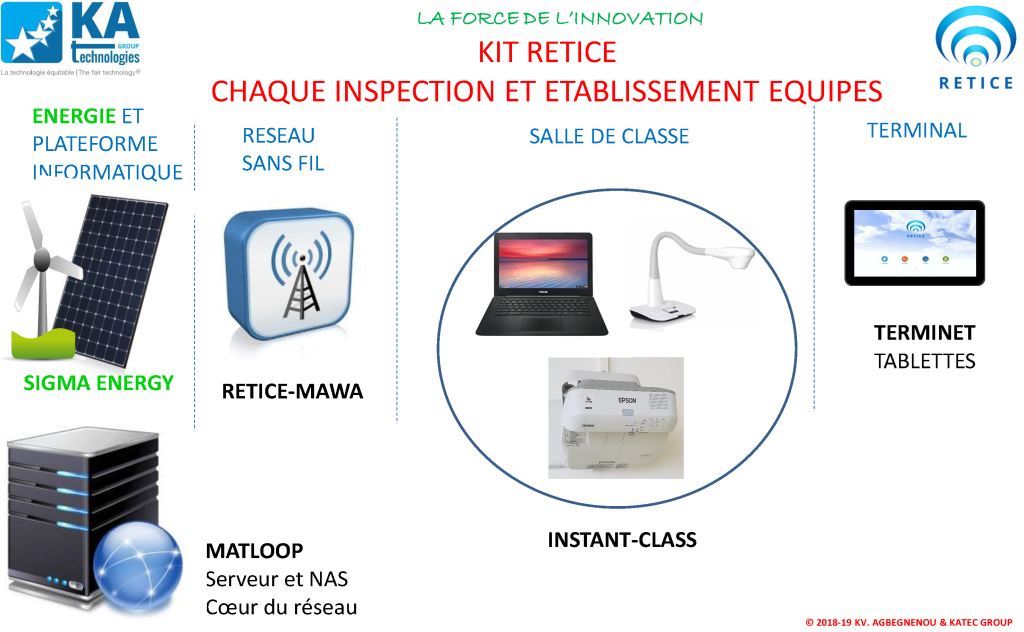
Title of Innovation: RETICE-PWCS
Year of implementation: 2000
Implemented by: KA TECHNOLOGIES FRANCE SAS
Country/Countries where the Innovation is being implemented: Burkina Faso, Nigeria, Senegal, Togo
Problem being solved
RETICE-PWCS is an innovative solution aimed at creating growth and jobs while reducing the digital and energy divide in education and in the homes of students, particularly in developing countries, including in areas of insecurity and war. It therefore contributes to improving the quality of training. RETICE-PWCS, comprising both renewable energy, local cloud, wireless network and digital terminals, are organized into three "Ready-to-Use All-in-1 Kit" namely: "School Kit," "Kit Inspection" and "Home Kit."
Description of innovation
The RETICE-PWCS solution includes: server - educational applications - platform for the production of local teaching resources by teachers and students - secure local wireless network - textbooks - scientific calculator - video projector - viewer 'PC' 'individual tablet' ' various software to help with education ' autonomy without internet ' opening to the internet on demand under control.
Today, investments in conventional equipment (books, supplies, consumables, etc.) for education, vocational training for example amount to billions. But despite these billions, all African countries still have almost all of their students who are in extreme destitution of textbooks and school supplies. For the smallest part of those whose parents can afford it, children fall under the weight of their school bags because of the books and notebooks always in paper. Similarly, the transition from institutions to a true digital "status" everywhere and for all is still a myth. Because these billions are mediocrely invested without really taking advantage of the wide and real possibilities offered by the digital age, we invented RETICE-PWCS to provide solutions with multiple virtues.
Mediocrity has always been expensive, very expensive even most of the time!
The basic test at the technological level is to achieve equitable and accessible solutions for all. For example, RETICE-PWCS is designed with a broad and comprehensive technology lens that takes into account the broadest spectrum of needs, even the most constraining ones.
Outcomes and Impact
The results and impacts of innovation are:
The availability of textbooks and school supplies available to everyone and everywhere through digital technology;
Improving the conditions and quality of education and education;
The cost of books and school supplies available to all;
The creation of 2 to 3 companies of 2 to 3 associates per 1000 students to equip for the facilities different technical equipment;
Reducing unemployment and poverty;
The equitable industrialization of the territories;
Projections of truly inclusive growth.
Potential to be scaled and replicated
Innovation is organized into an all-in-one system. This allows for simplified industrial production and easy deployment. From this base, the whole establishment or company switches to digital to "zero paper" and to avoid deforestation. Institutions and businesses can operate without the internet and when they need the internet, the need can be reduced by 80% compared to situations without RETICE-PWCS.
With RETICE-PWCS, all schools in each African country can benefit from energy and digital technology within 5 years.
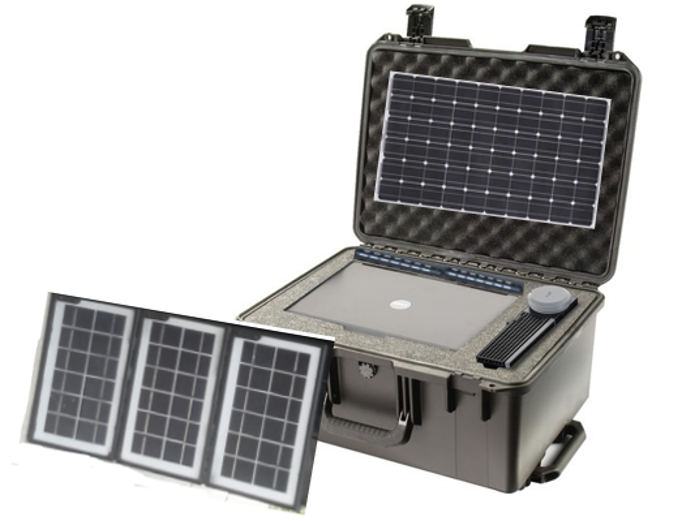
Title of Innovation: Portable mini solar computer lab
Year of implementation: 2016
Implemented by: Priyo Tech
Country/Countries where the Innovation is being implemented: Kenya, South Africa
Problem being solved
Teachers are expected to prepare students for the jobs of tomorrow as such the big question on every teacher’s mind is how do I prepare my students to take advantage of the jobs of tomorrow? How do I use technology as a catalyst to improve the quality of education? Sadly, in countries such as South Africa only 40.9% of public schools have computer labs and only 28% of those computer labs are being utilized, mainly because most teachers are not computer literate. This problem results in many students leaving the education systems without digital literacy.
Description of innovation
a portable computer Solar-lab-in-a-bag that can convert normal classrooms into temporal computer labs empowering teachers to improve the quality of education by equipping them with digital literacy skills on how they can integrate ICT within their classrooms to adequately prepare students for the fourth-industrial-Revolution using Internet-of-Things (IOT). This in-turn empowers learners to improve their grades, gain university entry, and are prepared to take opportunities for the Jobs of tomorrow in Big Data, Block chain and Artificial intelligence. We do this we believe it is not enough to just provide schools with technology but to adequately train teachers and students to use the technology by providing schools with digital resources such as E-learning digital library, tablets, and a solar charging station.
Outcomes and Impact
We empower teachers to improve the quality of education with digital-literacy skills and resources on how they can use the internet-of-things, Artificial-intelligence and augmented reality to use technology as a catalyst to prepare students for the jobs-of-tomorrow and we link unemployed youth to online employment opportunities.
This in-turn empowers learners to improve their grades, gain university entry, and are prepared to take opportunities for the Jobs of tomorrow in Big Data, Block chain and Artificial intelligence. education more accessible especially for children and youth studying in under-resourced rural and peri urban schools.
Potential to be scaled and replicated
Our portable mini solar lab accommodate most of the rural and township areas in Africa that do not have electricity by using renewable solar energy.
Secondly, it is an integrated solution providing schools, Teachers and students with digital literacy skills and resources and our app allows teachers to create their own content and students to share notes and best study strategies on our platform.
Lastly it’s portable design allow easy transportation allowing teachers to move it from one classroom to the next transform the classroom into an instant computer lab with wifi connectivity and ANTI-Theft software.
Page 3 of 7


